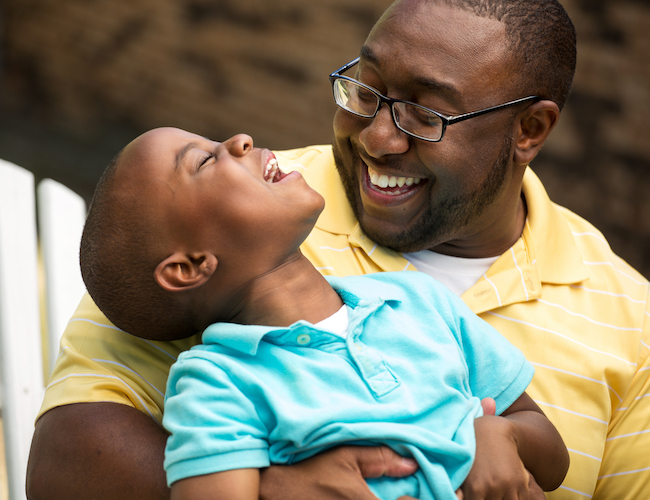Encouraging safe habits when you're out with your toddler
It’s so much fun to get out and watch their delight as they explore the new and exciting world around them. But, there are dangers about; so read on for tips to keep your little one safe.
Before you even arrive at your destination: Safety starts with a car seat
Safety first! Before heading out on your adventure, make sure your child is strapped safely into their car seat. This is an absolute essential for any parent or caregiver who transports a child; there are safe and affordable car seat options available.
“South Africa has some of the most dangerous roads in the world,” says Mandy Lee Miller, creator and director of #CarseatFullstop, “and a car seat reduces the chance of critical injury by up to 71%.”
Also: more than half of car accidents happen within 8km of home – so ‘just around the corner’ is too far to go without a car seat,” says Miller. She adds that children under the age of four should be placed in a rear-facing car seat.
From water to a shopping trolley – there’s danger everywhere
According to Stats SA, drowning is one of the leading causes of unintentional death in South Africa, so never leave your child unattended around a pool or any body of water, including a pond, dam, bath or even a bucket.
Age-appropriate swimming lessons are an excellent idea, as they teach your child to enjoy the water but also to learn what to do to protect themselves.
Many little ones enjoy a ride in the grocery shopping trolley while you’re at the shops, but make sure that they sit in the front section designed to carry them. Standing in the back is not recommended as they could fall and bump their head. A toddler may decide at some point to start climbing out, so keep an eye on them.
Parents whose kids are allergic to any type of food should be sure they wear a bracelet that notifies others, and also inform teachers, nannies and friends’ parents.
It’s not a good idea to give your child nuts or hard sweets when they’re charging around in the park or at home, due to the risk of choking. And you can’t go wrong by sending your nanny on a First Aid course which includes CPR.
Going to the park?
What you anticipate as a fun outing could go wrong if you don’t teach your child the following necessary safety tips when they’re really small, and reinforce them in a way that they can understand each time you go there.
Firstly, they should always hold hands with an adult when crossing the road and, once they’ve arrived there:
• Some equipment is too scary. They can try it out when they’ve grown a little bigger (think: those terrifying 2m-high slides!);
• To be careful of your child falling on tar, cement or any other surface that is not shock-absorbing. If possible, choose a park with rubber-like material under foot;
• Metal platforms (and the sliding part of that 2m-high slide) could get blisteringly hot in the summer sun. Test the temperature with your hand and tell your toddler “Ouch, will burn you” to caution them before they climb up onto it; and
• Moving devices, such as swings for example, could hit them. They should give these a wide berth when darting about.
IMAGE CREDIT: shutterstock.com



